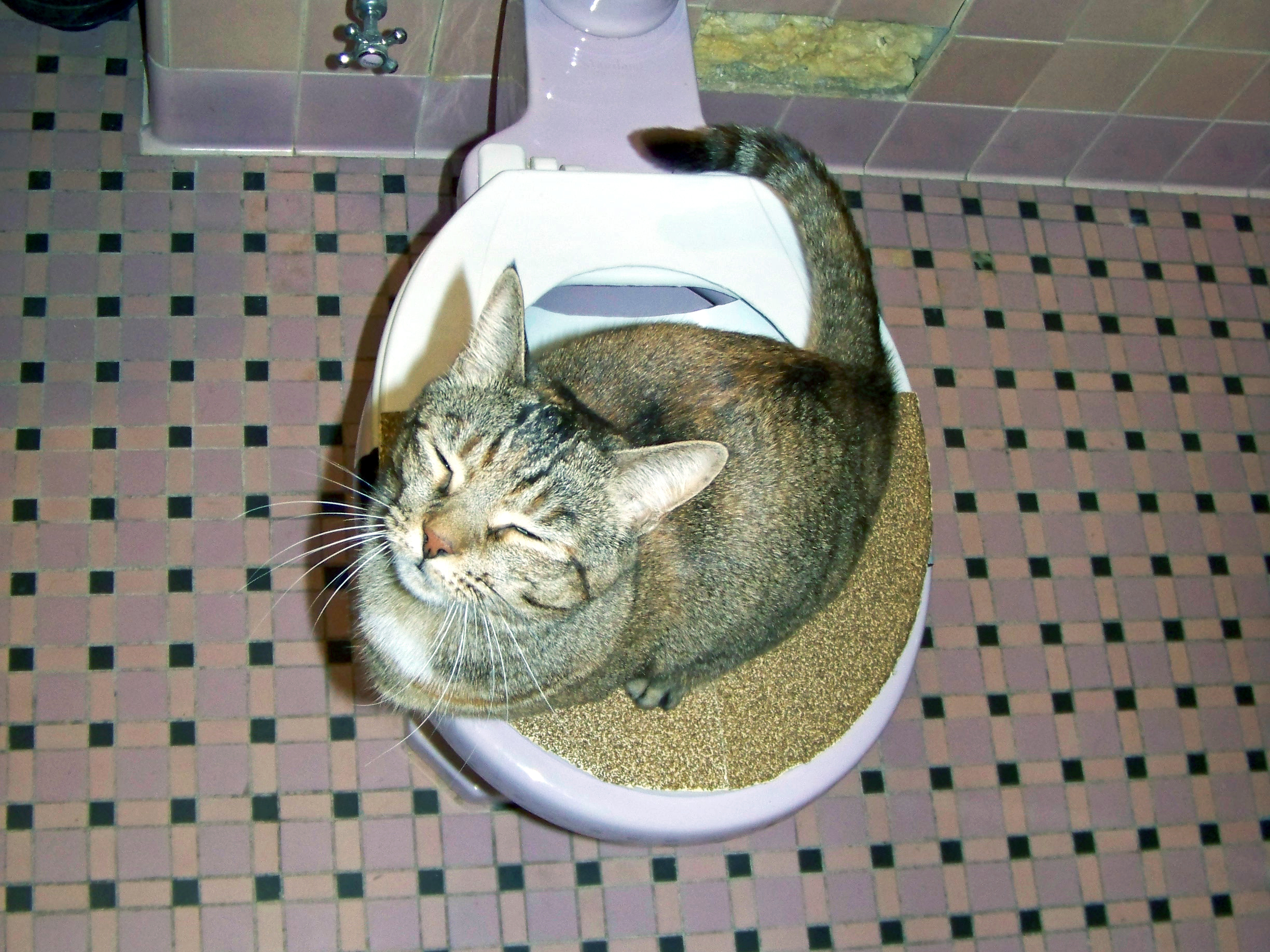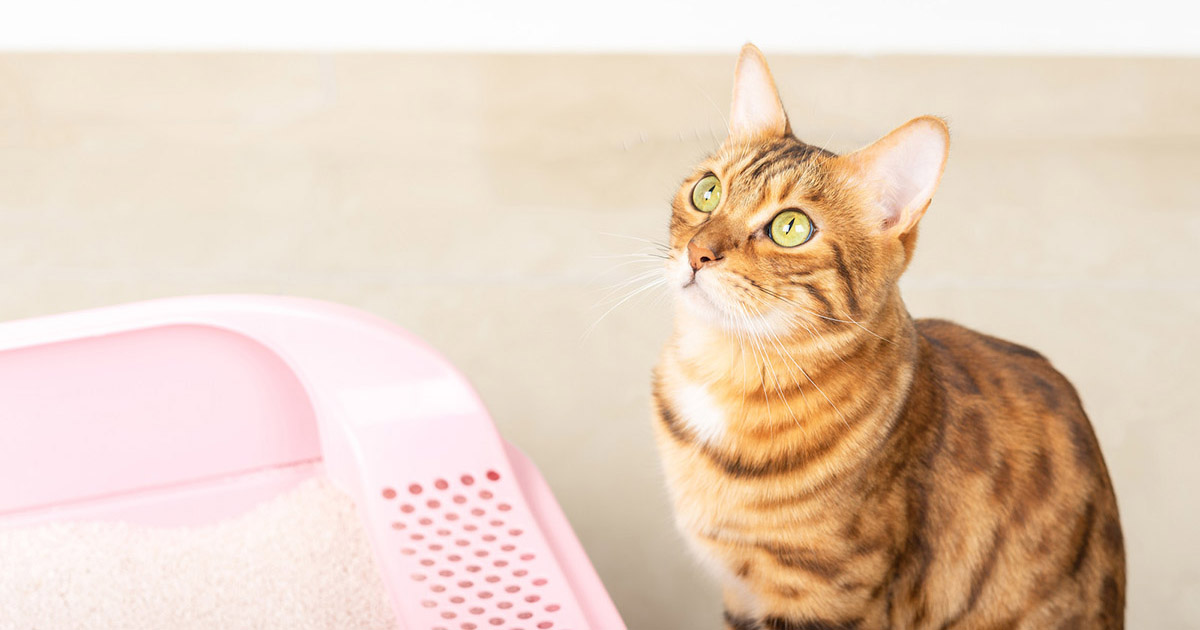Prevent Clogs and Damage: Never Flush Cat Poop Down Your Toilet - Professional Recommendations
Prevent Clogs and Damage: Never Flush Cat Poop Down Your Toilet - Professional Recommendations
Blog Article
They are making several good annotation relating to Don’t flush cat feces down the toilet as a whole in the content down the page.

Intro
As feline owners, it's necessary to be mindful of how we get rid of our feline good friends' waste. While it may seem convenient to purge feline poop down the bathroom, this practice can have destructive effects for both the atmosphere and human health.
Alternatives to Flushing
The good news is, there are much safer and much more liable methods to deal with pet cat poop. Think about the following options:
1. Scoop and Dispose in Trash
The most typical method of disposing of feline poop is to scoop it right into an eco-friendly bag and throw it in the garbage. Be sure to make use of a specialized clutter inside story and take care of the waste promptly.
2. Use Biodegradable Litter
Choose eco-friendly cat litter made from materials such as corn or wheat. These clutters are eco-friendly and can be safely gotten rid of in the garbage.
3. Hide in the Yard
If you have a backyard, take into consideration burying cat waste in a designated area away from vegetable gardens and water sources. Be sure to dig deep enough to prevent contamination of groundwater.
4. Install a Pet Waste Disposal System
Buy a pet dog garbage disposal system especially created for feline waste. These systems utilize enzymes to break down the waste, decreasing odor and ecological effect.
Health and wellness Risks
In addition to ecological worries, flushing cat waste can additionally present health threats to people. Cat feces might include Toxoplasma gondii, a parasite that can trigger toxoplasmosis-- a potentially extreme disease, specifically for expecting women and people with damaged immune systems.
Ecological Impact
Flushing pet cat poop introduces dangerous pathogens and bloodsuckers right into the supply of water, posturing a significant danger to marine environments. These impurities can negatively impact marine life and concession water top quality.
Conclusion
Accountable family pet possession expands past providing food and shelter-- it likewise includes appropriate waste monitoring. By avoiding purging pet cat poop down the commode and going with different disposal approaches, we can decrease our ecological impact and secure human wellness.
Why Can’t I Flush Cat Poop?
It Spreads a Parasite
Cats are frequently infected with a parasite called toxoplasma gondii. The parasite causes an infection called toxoplasmosis. It is usually harmless to cats. The parasite only uses cat poop as a host for its eggs. Otherwise, the cat’s immune system usually keeps the infection at low enough levels to maintain its own health. But it does not stop the develop of eggs. These eggs are tiny and surprisingly tough. They may survive for a year before they begin to grow. But that’s the problem.
Our wastewater system is not designed to deal with toxoplasmosis eggs. Instead, most eggs will flush from your toilet into sewers and wastewater management plants. After the sewage is treated for many other harmful things in it, it is typically released into local rivers, lakes, or oceans. Here, the toxoplasmosis eggs can find new hosts, including starfish, crabs, otters, and many other wildlife. For many, this is a significant risk to their health. Toxoplasmosis can also end up infecting water sources that are important for agriculture, which means our deer, pigs, and sheep can get infected too.
Is There Risk to Humans?
There can be a risk to human life from flushing cat poop down the toilet. If you do so, the parasites from your cat’s poop can end up in shellfish, game animals, or livestock. If this meat is then served raw or undercooked, the people who eat it can get sick.
In fact, according to the CDC, 40 million people in the United States are infected with toxoplasma gondii. They get it from exposure to infected seafood, or from some kind of cat poop contamination, like drinking from a stream that is contaminated or touching anything that has come into contact with cat poop. That includes just cleaning a cat litter box.
Most people who get infected with these parasites will not develop any symptoms. However, for pregnant women or for those with compromised immune systems, the parasite can cause severe health problems.
How to Handle Cat Poop
The best way to handle cat poop is actually to clean the box more often. The eggs that the parasite sheds will not become active until one to five days after the cat poops. That means that if you clean daily, you’re much less likely to come into direct contact with infectious eggs.
That said, always dispose of cat poop in the garbage and not down the toilet. Wash your hands before and after you clean the litter box, and bring the bag of poop right outside to your garbage bins.
https://trenchlesssolutionsusa.com/why-cant-i-flush-cat-poop/

I'm just very interested in Don’t flush cat feces down the toilet and I hope you enjoyed reading the entire piece. Do you know about somebody else who is excited by the subject? Why not share it. We recognize the value of reading our article about Don’t flush cat feces down the toilet.
Call Today Report this page